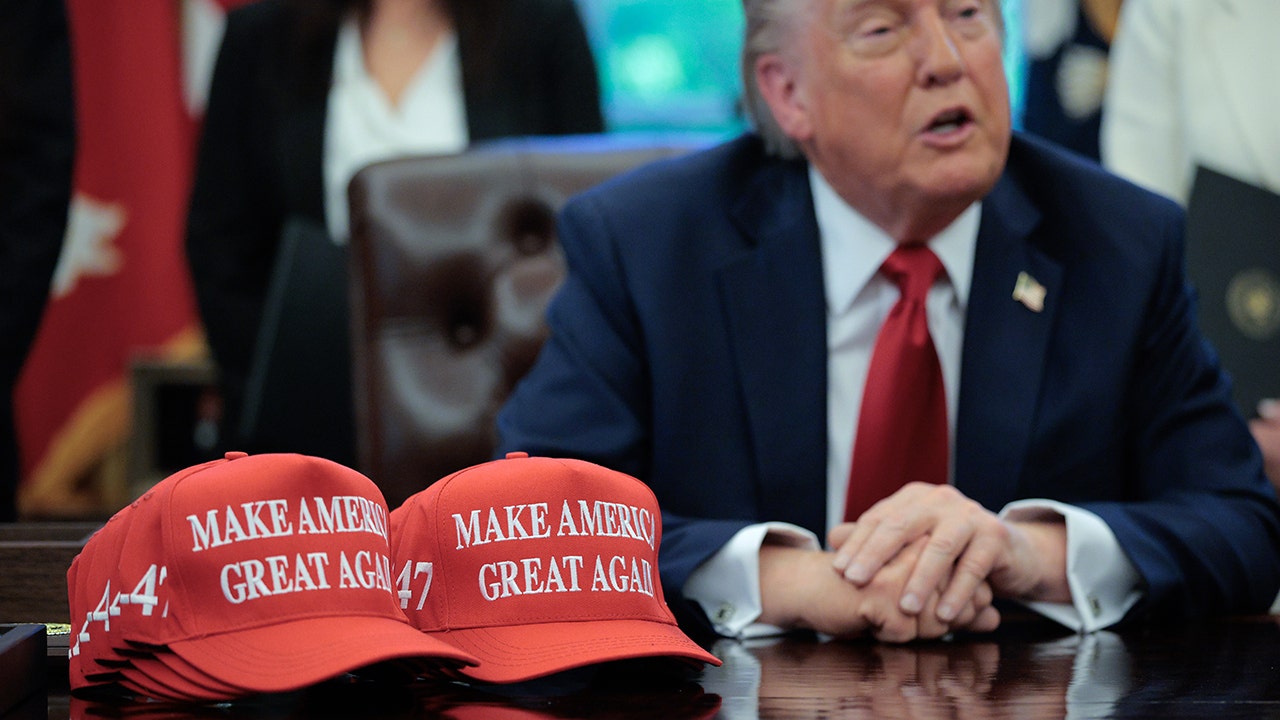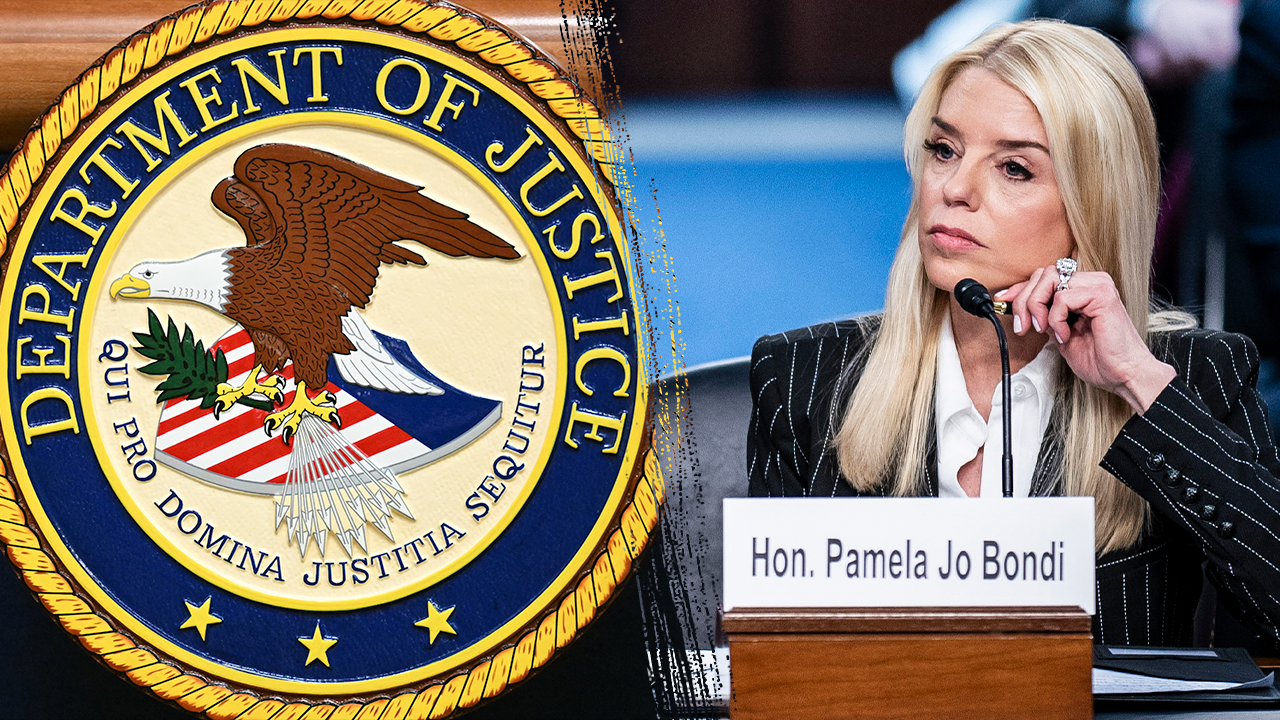‘You’re never going to be able to negotiate with that kind of regime,’ Dem senator says
Sen. John Fetterman (D., Pa.) says the Trump administration should drop nuclear negotiations with Iran and finish off the country’s nuclear facilities with a military strike.
“Waste that s—t,” the Pennsylvania Democrat told the Washington Free Beacon in an interview on Wednesday. “You’re never going to be able to negotiate with that kind of regime that has been destabilizing the region for decades already, and now we have an incredible window, I believe, to do that, to strike and destroy Iran’s nuclear facilities.”
Fetterman dismissed the foreign policy experts who warn that striking Iran would lead to the outbreak of a regional war. “And remember, all of these so-called experts were all wrong,” he said. “You know, they’ve been saying for years and years Hezbollah was the ultimate badass that kept Israel in check, and we can’t move on anything beyond that.”
As it turned out, Fetterman said, the Iranian proxy group “couldn’t fight for s—t. And Hamas, literally, are just a bunch of tunnel rats with junkie rockets in the back of a Toyota truck. And now the Houthis have been effectively neutered as well. So what’s left? You have Iran, and they have a nuclear facility, and it’s clearly only for weapons.”
Fetterman’s remarks come as the Trump administration barrels forward with negotiations over Iran’s nuclear program that have so far been defined by mixed messages. Going into the talks, the administration said any deal would require Tehran to dismantle its nuclear program. Middle East envoy Steve Witkoff later suggested a deal could allow Iran to enrich uranium up to a certain level. Then he walked back that walk-back, saying Iran must agree to “stop and eliminate its nuclear enrichment” to ink a deal.
A deal that allows Iran to enrich uranium would resemble former president Barack Obama’s Joint Comprehensive Plan of Action, which President Donald Trump pulled out of during his first term, describing the deal as “one of the worst and most one-sided transactions the United States has ever entered into.”
The punishing sanctions imposed by the first Trump administration brought Iran to the brink of bankruptcy, and Trump announced a return to his “maximum pressure” campaign when he returned to office this year. The Iranian regime tried to have Trump assassinated before the 2024 presidential election.
In recent months, however, the administration has looked for an off-ramp in the form of a new Iran deal—and has been in talks with the Islamic regime for weeks.
“Years ago, I completely understood why Trump withdrew from the Obama deal. Today, I can’t understand why Trump would negotiate with this diseased regime. The negotiations should be comprised of 30,000-pound bombs and the IDF,” Fetterman said.
Witkoff, the longtime Trump confidant who is new to international diplomacy, has led the negotiations but has raised eyebrows for some high-profile missteps. In addition to the enrichment mix-up, Witkoff said in March that Hamas “duped” him during ceasefire negotiations.
Fetterman called the negotiating team “unimpressive and utterly bewildering.”
Secretary of State Marco Rubio has defended the outreach, arguing that “the Iranians have shown a willingness to talk. We’re going to talk to them. If there is a chance of peace, we’re going to give peace and a peaceful resolution to this challenge every opportunity to succeed.”
On Witkoff’s enrichment flub, Rubio noted that “Steve subsequently followed up by clarifying that what he meant is that that would be the limit of what they would be allowed to import for their domestic program, and they do that now.” Under such a setup, Iran could import enriched uranium for a civil nuclear program but could not enrich its own.
Israel has been lobbying Trump to partner on a strike against Iran’s nuclear facilities, the New York Times reported last week.
Taking a more muscular approach to Iran has prompted criticism from the isolationist wings of Trump’s movement, like Tucker Carlson and Candace Owens, who have warned it could lead to open war with Iran.
“It’s not going to turn into World War III,” Fetterman said, dismissing the worries. “It’s the acknowledgment that we’ll never have a better opportunity.”
Read the full article here









